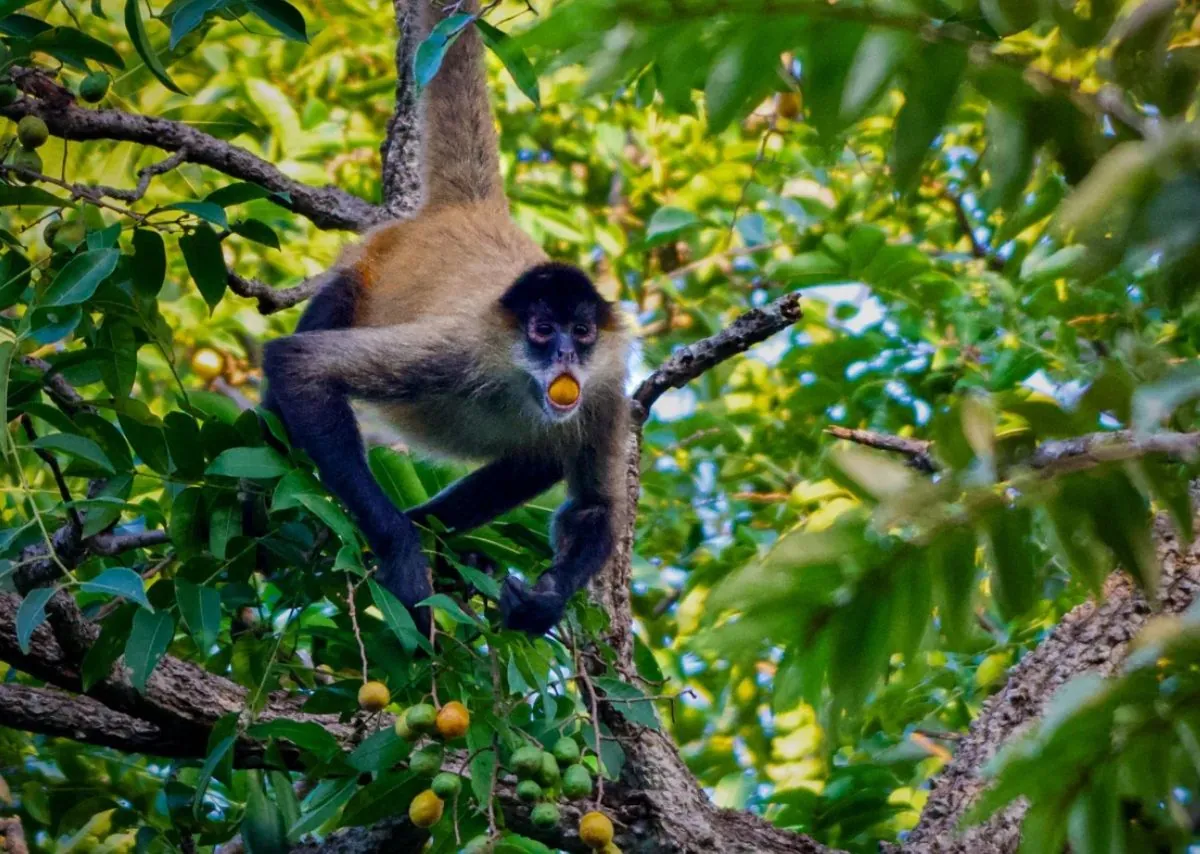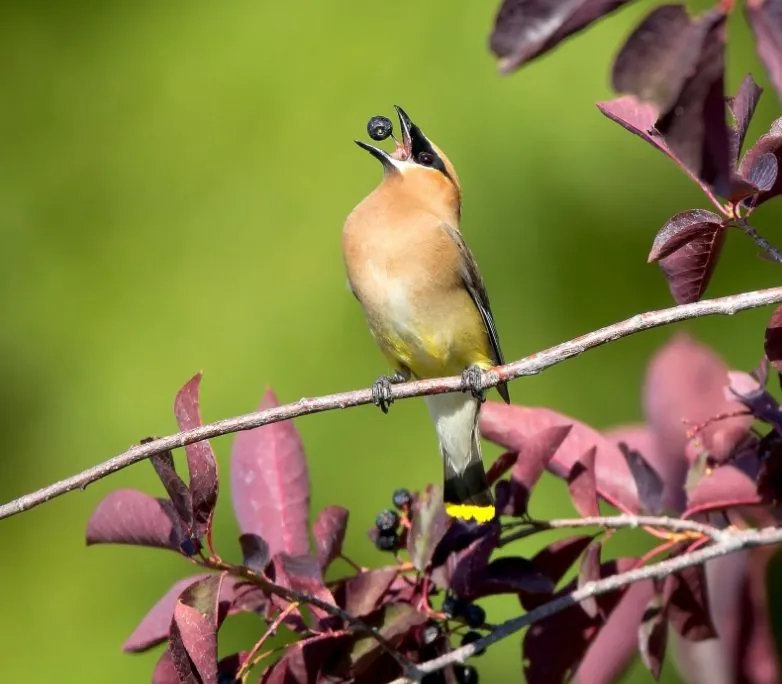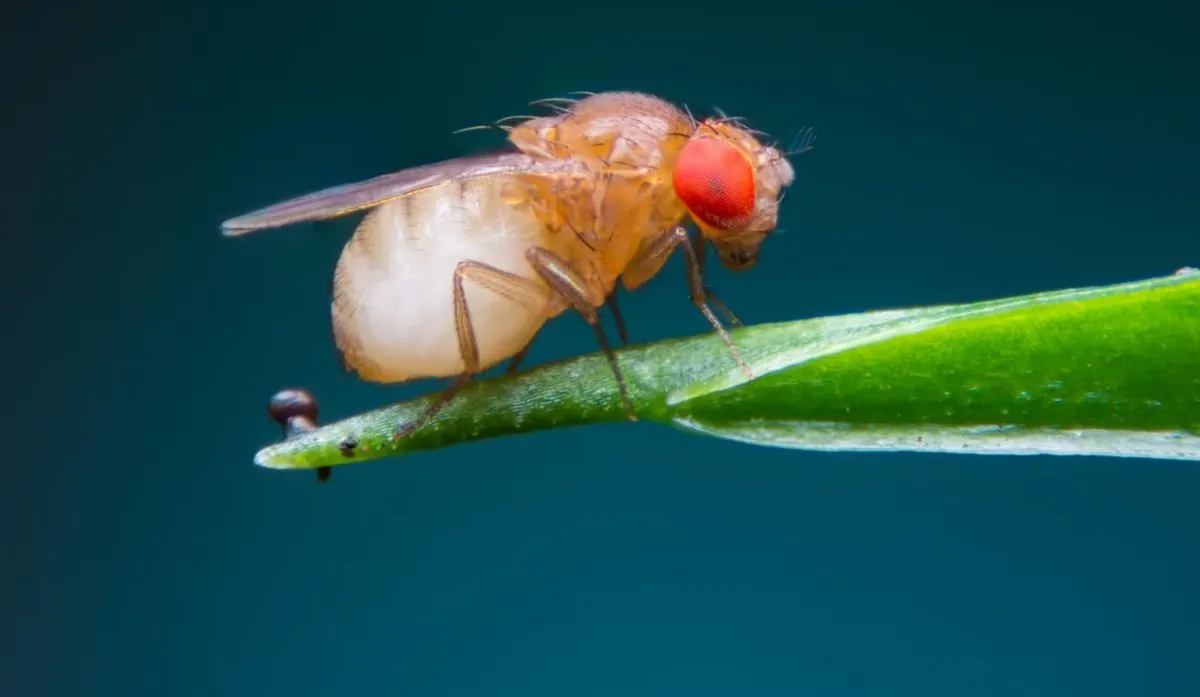Alcohol consumption is widespread in nature, as almost all ecosystems have ethanol - study
Kyiv • UNN
Researchers have found that ethanol is naturally present in almost all ecosystems on Earth. Many species of animals have adapted to consuming alcohol through fermented fruits and nectar.

Although humans may have turned drinking into a part of tradition, homo sapiens are not so exceptional in this regard, researchers say. Consumption of ethanol from fermented fruit may be common among different animal species. However, their goal may not be the same as ours when we go to bars.
Written by UNN with reference to The Guardian and Trends in Ecology and Evolution.
A review of published data shows that alcohol occurs naturally in almost every ecosystem on Earth.
The so-called "intoxication" among animals may be much more common.
After analyzing research papers on animals and alcohol, the scientists concluded that there is a "diverse company" of species that have accepted and adapted to ethanol in their diets, which usually comes through fermented fruit, juice, and nectar.
We are moving away from the anthropocentric view that ethanol is only something that humans use. There is much more of it in nature than we previously thought, and most animals that eat sweet fruit are exposed to some level of ethanol
HelpHelp
Ethanol became available on Earth about 100 million years ago, when flowering plants began producing sugary fruits and nectar that yeast could ferment. The alcohol content in nectar is usually low, ranging from 1% to 2% by volume, but in overripe palm fruit, its concentration can reach 10% by volume.

In one study, wild chimpanzees in southeastern Guinea were filmed drinking the alcoholic sap of raffia palms. Meanwhile, monkeys on the island of Barro Colorado, Panama, love the ethanol-laden yellow mombin fruit, which was found to contain 1% to 2.5% alcohol.
Benefit or pleasure?
It is unclear whether animals intentionally consume ethanol for the pure pleasure of consumption, and more research is needed to understand its effects on animal physiology and evolution. However, researchers say that ethanol consumption can bring several benefits to wild animals.

First, it is a source of calories, and the odor compounds produced during fermentation can guide animals to food sources, although researchers say it is unlikely that animals can detect ethanol on their own.
Meditation improves mental and physical health - study22.10.24, 06:20 • 17417 views
Second, ethanol can also have medical benefits: fruit flies deliberately lay their eggs in substances containing ethanol, which protects their eggs from parasites, and fruit fly larvae increase their ethanol consumption when parasitized by wasps.

However, some creatures are exposed to ethanol less frequently and may suffer the consequences. Tests on cedar warblers that died after crashing into fences and other structures showed that they were flying while intoxicated after eating overripe berries from the Brazilian pepper tree.
"Intoxication is not useful in an environment where you are struggling to survive," says Anna Bowland, a researcher from the University of Exeter group.